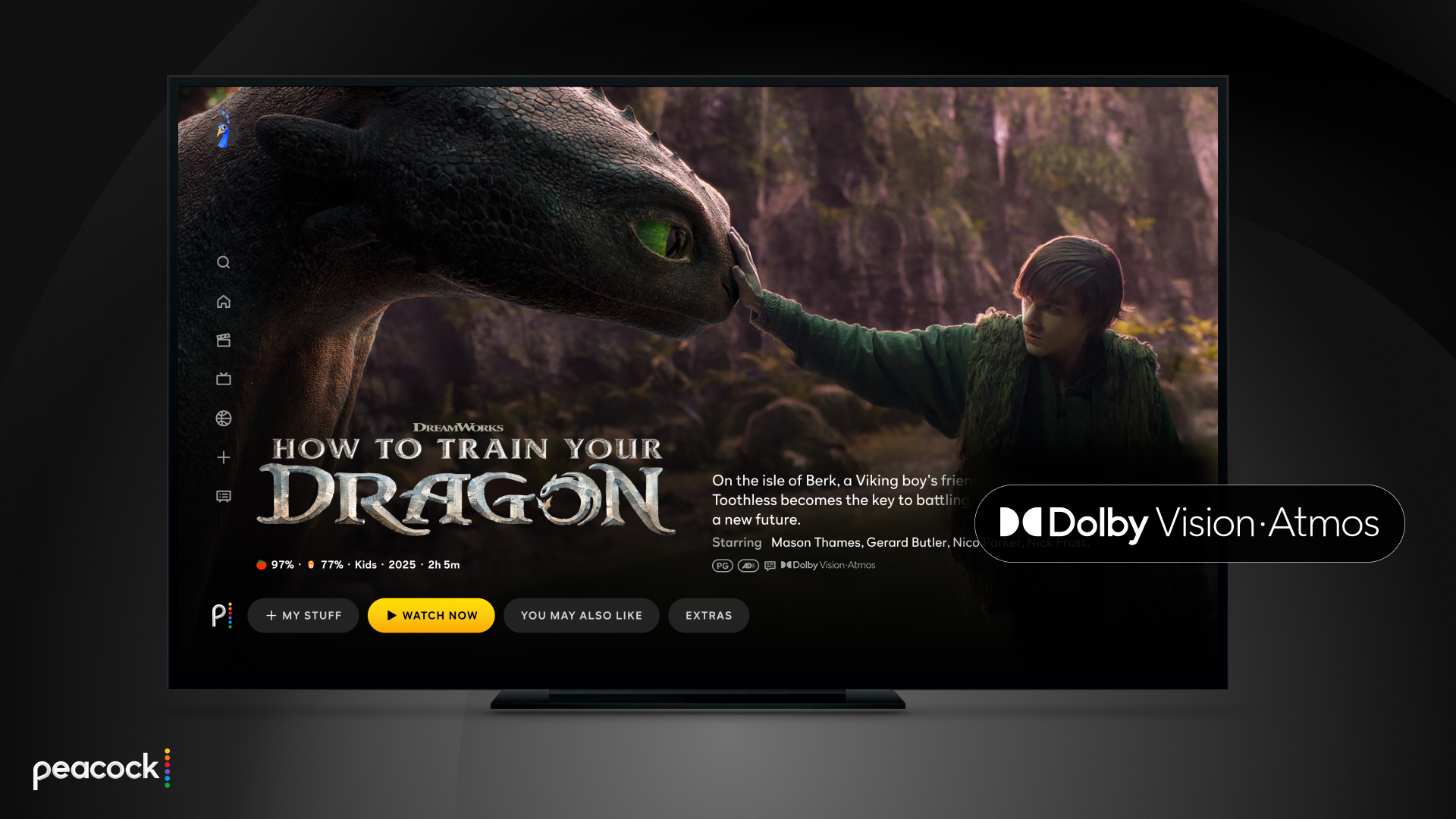Apple co-founder Steve Jobs has died
Apple website announces passing of recently-retired company figurehead after protracted illness
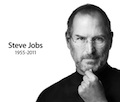
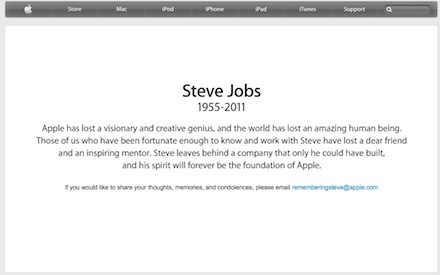
Apple's website is carrying this announcement of the death of company co-founder Steve Jobs, who recently retired as chief executive after a protracted illness which saw him taking several leaves of absence in recent years.
He was 56.
A familar presence on the stage announcing new Apple products until recently, Jobs announced in 2004 that he was suffering from pancreatic cancer. Since then his health, and its effect on the fortunes of the company, has been a subject of constant media speculation.
In 1976 Jobs sold the first 50 Apple I computers designed by his friend Steve Wozniak to a retailer before they were even made, using the order to talk a component manufacturer into letting him have the parts to build them on credit. That meant he was able to launch the products without borrowing any start-up money.
The Apple name was simply that of Jobs' favourite fruit, and the company was founded in 1977 by Jobs, Wozniak and Mike Markulla, an investor who guaranteed a loan to fund the development of the Apple II computer.
At a time when personal computers required buyers to build them from a kit of parts, the Apple II was unique in that it was designed to work straight from the box, and went on to sell some 6m units over the next decade and a half.
In the mid-1980s Jobs was pushed out of the company after a an internal battle for control.
The latest hi-fi, home cinema and tech news, reviews, buying advice and deals, direct to your inbox.
In 1985 he founded NeXT Computer, and in 1986 bought a computer graphics hardware company called Graphics Group from George Lucas. He renamed it Pixar, and refocused the company on the making of CGI films.
Pixar released Toy Story, which would gross $350m worldwide, in 1995, and in 2005 Pixar was bought from Jobs by Disney, the $7bn of Disney stock paid for the company making him Disney's biggest shareholder.
The year after Toy Story, Apple bought NeXt Computer, bringing Jobs back on board. One of his first moves was to oust Apple's then CEO!
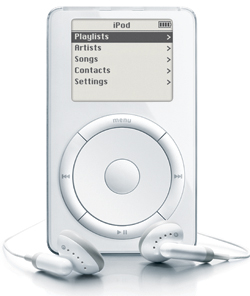
'1000 songs in your pocket'
But it's perhaps for the iPod that most music lovers will remember Jobs: launched in 2001, the 5GB player, originally designed solely for use with Apple computers, promised to fit '1000 songs' in the user's pocket.
It soon became a style icon, along with its celebrated white 'earbud' headphones, and has gone on to sell some 250m units in its various guises.
That's in no small part thanks to an ever-growing range of models and facilities, and continual updates to keep the product ahead of the game
The iPod also led to the creation of iTunes, the online music download store now delivering TV, movies and more as well as music, with Apple announcing last year that over 10bn tracks had been downloaded from iTunes.
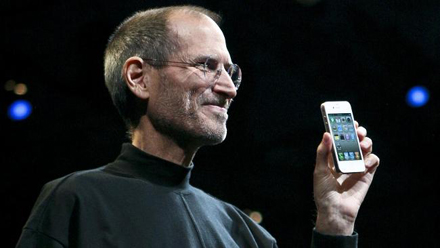
Developed from the iPod have been the best selling iPhones and iPads, plus the concept of easily downloadable 'apps' to increase their functionality – a concept Apple has now rolled back to the sales of apps for its computers.
Jobs announced his resignation as Apple CEO on August 24, strongly suggesting that Tim Cook be made his successor, in accordance with the Apple executive succession plan. It was Cook who took the place for which Jobs had been famous for many years, presenting the new iPhone 4S at yesterday's launch.
In a message to all Apple employees, Cook said: 'I have some very sad news to share with all of you. Steve passed away earlier today.
'Apple has lost a visionary and creative genius, and the world has lost an amazing human being. Those of us who have been fortunate enough to know and work with Steve have lost a dear friend and an inspiring mentor.
'Steve leaves behind a company that only he could have built, and his spirit will forever be the foundation of Apple.
'No words can adequately express our sadness at Steve’s death or our gratitude for the opportunity to work with him. We will honor his memory by dedicating ourselves to continuing the work he loved so much.'
Jobs is survived by his wife Laurene, three children from their 20-year marriage, and a daughter from a previous relationship.
Andrew has written about audio and video products for the past 20+ years, and been a consumer journalist for more than 30 years, starting his career on camera magazines. Andrew has contributed to titles including What Hi-Fi?, Gramophone, Jazzwise and Hi-Fi Critic, Hi-Fi News & Record Review and Hi-Fi Choice. I’ve also written for a number of non-specialist and overseas magazines.
